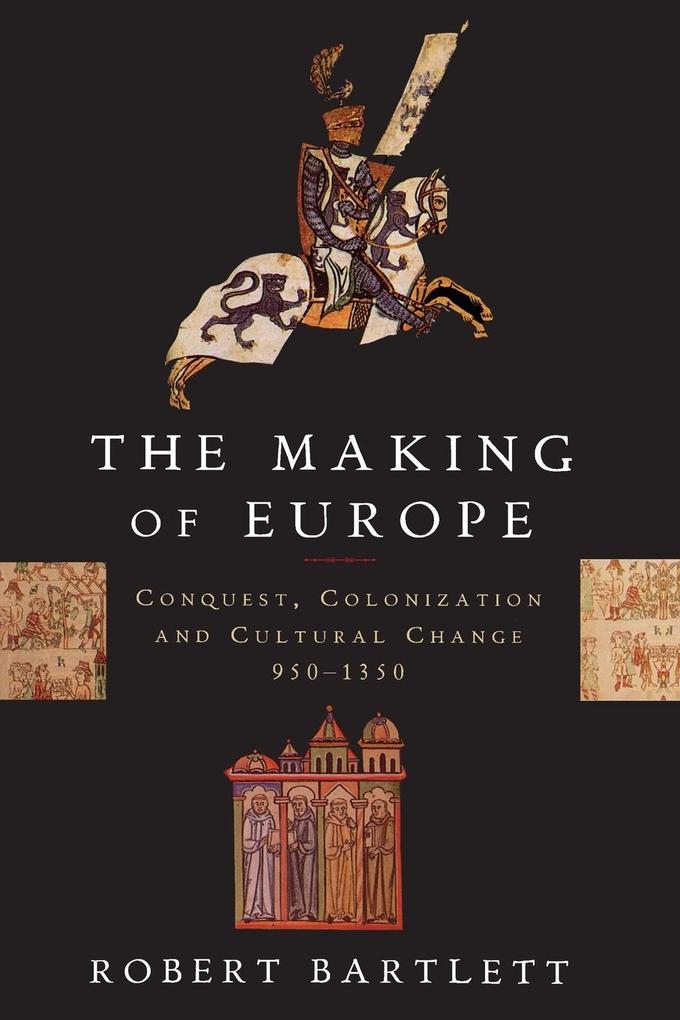From our twentieth-century perspective, we tend to think of the Europe of the past as a colonizer, a series of empires that conquered lands beyond their borders and forced European cultural values on other peoples. This provocative book shows that Europe in the Middle Ages was as much a product of a process of conquest and colonization as it was later a colonizer.
Inhaltsverzeichnis
<TR>List of Maps, Figures and Tables<TR>List of Plates<TR>Acknowledgements<TR>A Note on References<TR>Introduction1<TR>1The Expansion of Latin Christendom5<TR>2The Aristocratic Diaspora24<TR>3Military Technology and Political Power60<TR>4The Image of the Conqueror85<TR>5The Free Village106<TR>6The New Landscape133<TR>7Colonial Towns and Colonial Traders167<TR>8Race Relations on the Frontiers of Latin Europe (1): Language and Law197<TR>9Race Relations on the Frontiers of Latin Europe (2): Power and Blood221<TR>10The Roman Church and the Christian People243<TR>11The Europeanization of Europe269<TR>12The Political Sociology of Europe after the Expansion292<TR>List of Abbreviations Used in Notes and Bibliography315<TR>Notes317<TR>Bibliography of Works Cited385<TR>Index417










